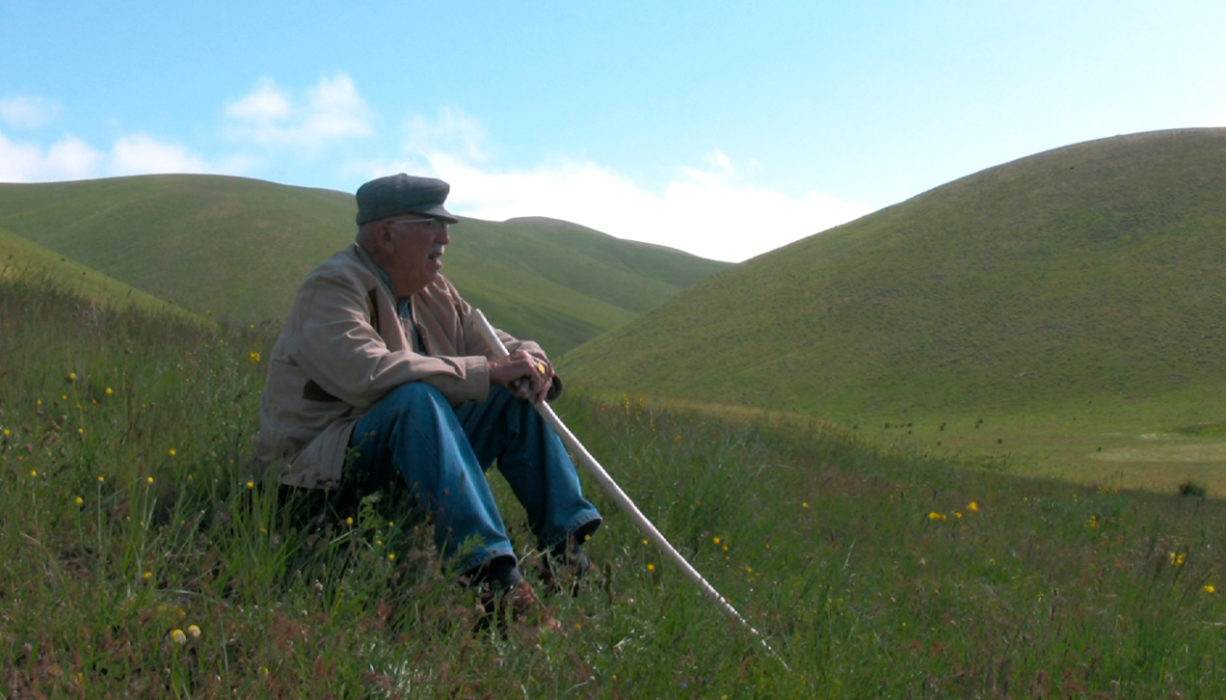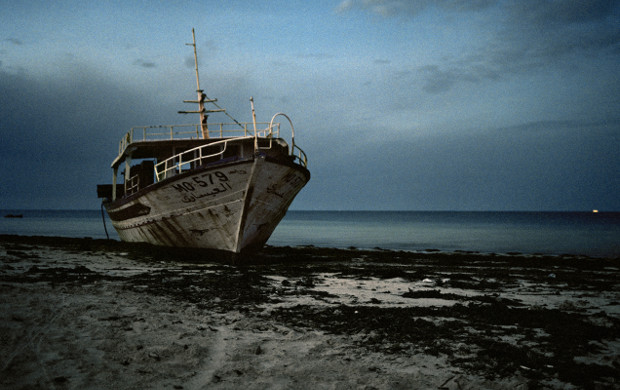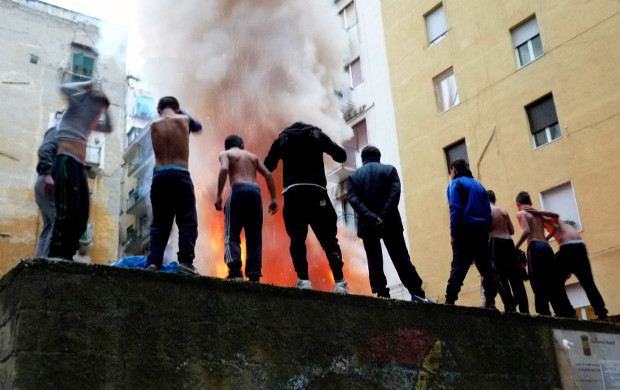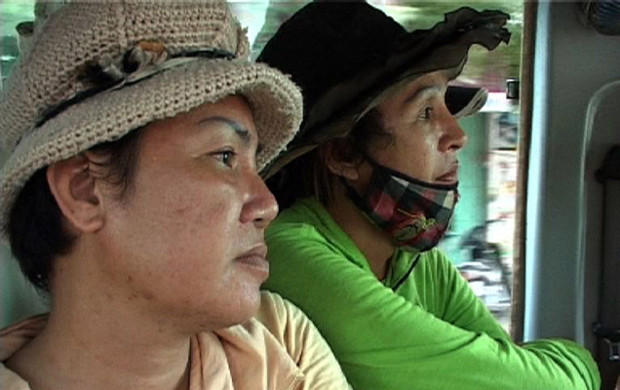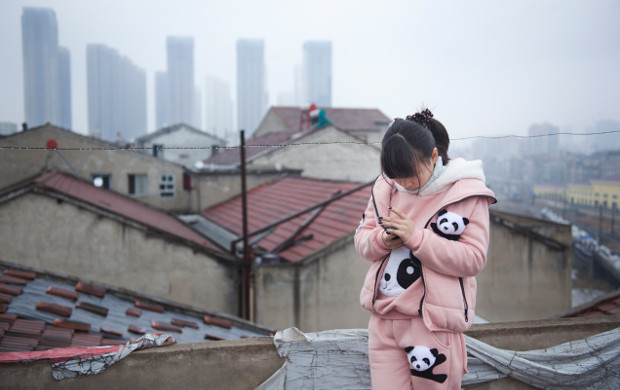DILIM DÖNMÜYOR
MY TONGUE DOES NOT TURN
- 2013
- Germany
- 92 minutes
- German; Turkish; Kurde
What does returning mean, when roots make almost no sense to those concerned? Deciding to film the village of her maternal ancestors over a long period and to have her grandparents to live there again for a while, Serpil Turhan forces “destiny”, which, as her mother likes to tell her, “is not on my side”. In other words, she plunges “against the will of her Kurdish parents, of Turkish-German nationality” into a world from which they have averted their gaze. An almost absurd exchange between her grandmother and a villager (It’s a dog. No, a fox) is the burlesque epitome of the awkwardness of this unwelcome remembrance. For the young filmmaker, setting in motion her grandparents’ words lends unsuspected depth to the rare family photos, among other things, insights into her parents’ marriage. In contrast to the rugged lightfilled landscape of east Turkey, the cramped Berlin interior where the filmmaker questions her parents underlines that an identity cannot be defined by a rediscovered landscape, even one as splendid as Erzincan. The hamlet’s ruins are replaced by those, more painfully felt by Serpil Turhan, of the Kurdish language, little of which was transmitted to her by her parents. A reserved and eminently personal approach to a “Kurdishness” that is itself plurality of languages and religious communities.
Charlotte Garson
- Production : Serpil Turhan
- Editing : Eva Hartmann
- Sound : Serpil Turhan
- Photography : Serpil Turhan
- Copy Contact : Serpil Turhan
